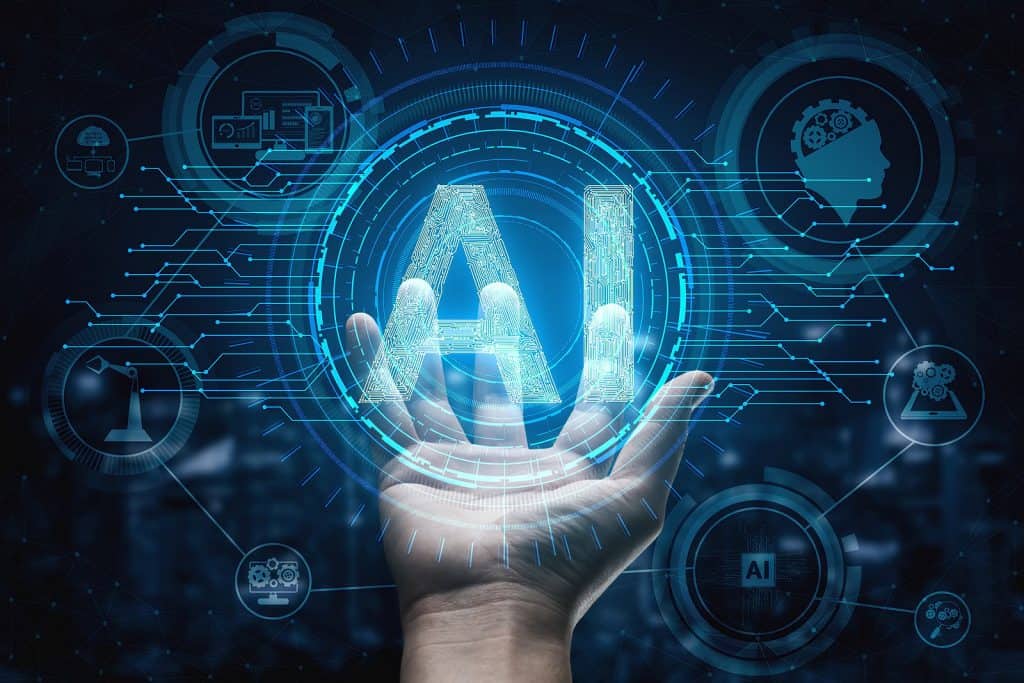The Impact of Artificial Intelligence on the Job Market: Opportunities and Challenges
Artificial intelligence (AI) has become a buzzword in recent years, with many industries adopting the technology to automate their processes and increase productivity. AI is a field of computer science that focuses on developing algorithms and systems that can perform tasks that normally require human intelligence, such as understanding natural language, recognizing objects, and making decisions. While AI has the potential to revolutionize many industries, it also raises concerns about its impact on the job market. In this blog post, we'll discuss the opportunities and challenges that AI presents for the job market.
Opportunities: AI has the potential to create new job opportunities in industries that are adopting the technology. For example, the healthcare industry is using AI to improve patient outcomes by developing algorithms that can diagnose diseases, recommend treatments, and monitor patients' health. This has created new job roles for AI developers, data analysts, and healthcare professionals who specialize in AI.
Another area where AI is creating job opportunities is in the field of customer service. Chatbots, which are AI-powered virtual assistants, can handle routine customer service inquiries and free up human agents to focus on more complex issues. This has created new job roles for AI developers, chatbot trainers, and customer service agents who work alongside chatbots.
AI is also creating opportunities for entrepreneurs to start new businesses that leverage AI technology. For example, startups are using AI to develop innovative products and services, such as personalized shopping recommendations, autonomous vehicles, and predictive maintenance for industrial equipment.
Challenges:
While AI presents many opportunities for job creation, it also raises concerns about the impact of automation on the job market. Many routine and manual jobs, such as factory workers, clerks, and drivers, are at risk of being replaced by AI-powered machines. This could lead to job losses and create a skills gap in the workforce.
In addition, there are concerns about the ethical implications of AI. As AI becomes more sophisticated, it raises questions about how we should regulate the technology to ensure that it is used ethically and responsibly. There are also concerns about bias in AI algorithms, which can perpetuate discrimination and exacerbate existing social inequalities.
Steps to Address the Challenges:
To address the challenges posed by AI in the job market, there are several steps that policymakers, businesses, and individuals can take:
Invest in education and training: One way to address the skills gap in the workforce is to invest in education and training programs that prepare workers for the jobs of the future. This includes programs that teach AI skills, such as programming, data analysis, and machine learning.
Foster entrepreneurship: Governments can encourage entrepreneurship by creating a supportive environment for startups and small businesses that are leveraging AI technology. This includes providing access to funding, mentoring, and resources that help startups scale and grow.
Develop ethical guidelines: Policymakers and industry leaders should work together to develop ethical guidelines for the development and use of AI. This includes guidelines for transparency, accountability, and fairness in AI algorithms and systems.
Prioritize re-skilling and job transition support: For workers whose jobs are at risk of being displaced by AI, it is important to provide re-skilling and job transition support. This includes programs that help workers acquire new skills and find new job opportunities.
Promote diversity and inclusivity: To address concerns about bias in AI algorithms, it is important to promote diversity and inclusivity in AI development teams. This includes ensuring that women, minorities, and other underrepresented groups are represented in AI development teams and that their perspectives are taken into account when developing AI systems.
Conclusion:
The impact of AI on the job market is a complex issue that requires careful consideration and planning. While AI presents many opportunities for job creation and innovation, it also raises concerns about job displacement and ethical implications. To ensure that AI is used in a responsible and ethical manner, it is important for policymakers, businesses, and individuals to work together to address the challenges and opportunities presented by the technology. By investing in education and training, fostering entrepreneurship, developing ethical guidelines, prioritizing re-skilling and job transition support, and promoting diversity and inclusivity, we can ensure that AI benefits society as a whole.

.jpg)
Comments
Post a Comment